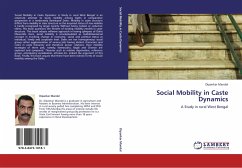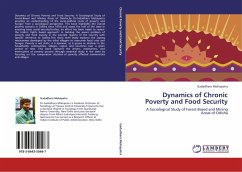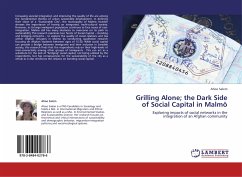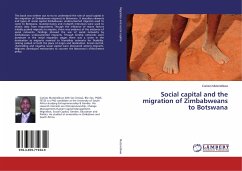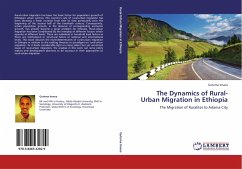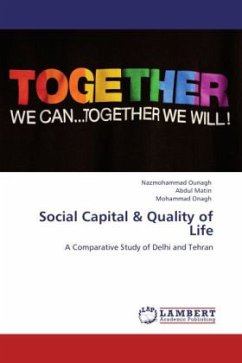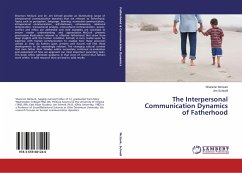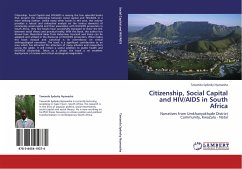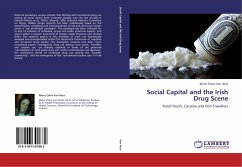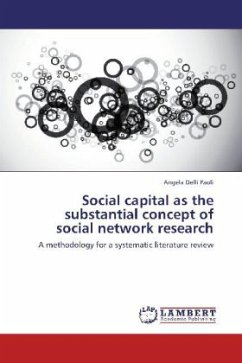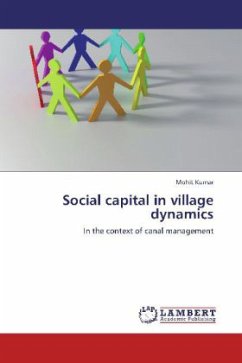
Social capital in village dynamics
In the context of canal management
Versandkostenfrei!
Versandfertig in 6-10 Tagen
39,99 €
inkl. MwSt.

PAYBACK Punkte
20 °P sammeln!
Social capital in the contemporary time has an intrinsic value in bringing people together for a common cause. The present study has undergone the process of social cohesion in the domain of village dynamics for the management of the common irrigation system (canal). A key issue in this research concerns relative benefits of various types of ties which is based on mutual trust, common norms and shared information in the social system. The Patna Sone canal is the prime source of irrigation in the region, therefore it becomes necessary to conserve and maintain its channels. Considering its vital...
Social capital in the contemporary time has an intrinsic value in bringing people together for a common cause. The present study has undergone the process of social cohesion in the domain of village dynamics for the management of the common irrigation system (canal). A key issue in this research concerns relative benefits of various types of ties which is based on mutual trust, common norms and shared information in the social system. The Patna Sone canal is the prime source of irrigation in the region, therefore it becomes necessary to conserve and maintain its channels. Considering its vital role in offering lifeline to livelihood for the farmers, the study has been undertaken to see if farmer's network and collective action has made any difference in its management and upkeep. Since the two consequent drought years of 2009-10, these selected regions- Naubatpur and Paliganj of Patna district severely affected by acute water crisis that resulted in the decline of crop production. The finding based on analysis suggests that there has been gradual decline of social capital reflected in the declining participation of the local communities.



